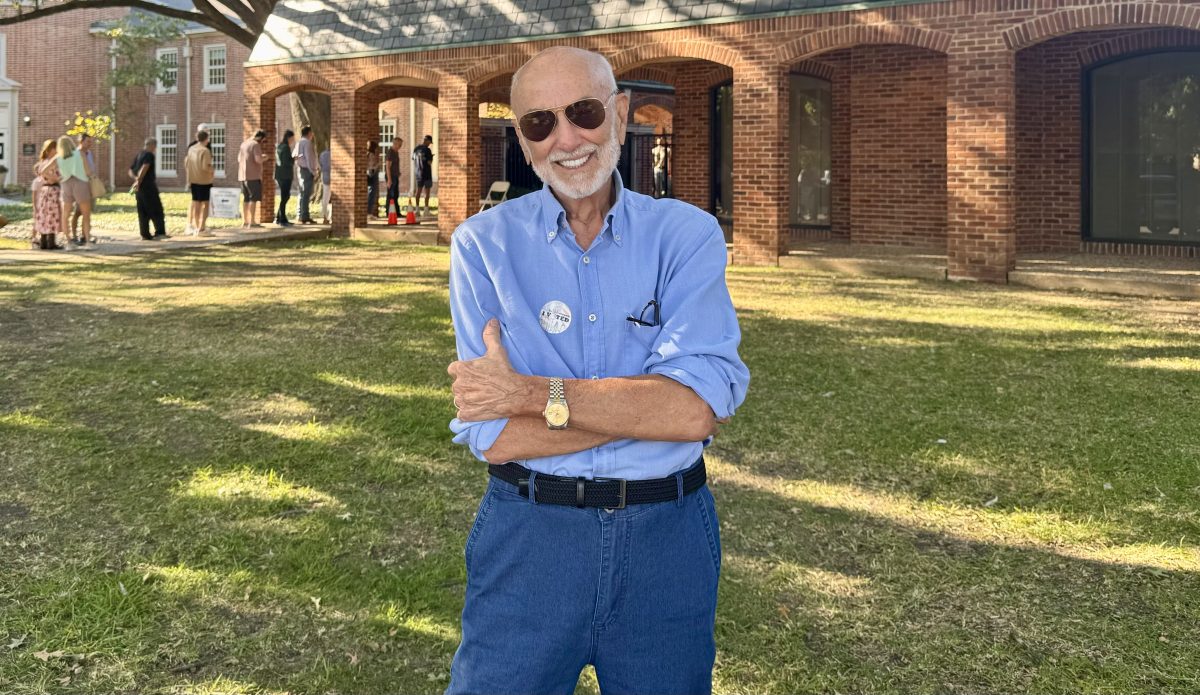
I find it interesting how some individuals claim that nothing but violence, hate and discord propagate from religion. Depending on their use of the term religion, they are not entirely incorrect.
Whereas most people only consider religion’s modern allusion, which is limited mainly to Christianity, Judaism, Islam, Buddhism and Hinduism among others, there is a much purer connotation.
The more precise definition is any form of devotion or strict faithfulness to a set of ideals. This would mean that any ideals upon which one determinably thinks and continually acts would effectively form his or her religion. A good example of this, apart from that such as Christianity, would be politics. Many identify themselves with those whom they elect and fervently support them while constantly discussing politically related issues. To such as these, politics is religion.
Every man has a system of beliefs even if he were to consider them disbeliefs. Disbeliefs are beliefs, and, sometimes, it requires more faith to trust in a form of skepticism than to accept the thing as true.
Some fanatically cleave to nihilism, which is the belief that no absolute moral truth exists, and heed its postulations with a blind faith that has no evident basis. The heroes of bohemianism, the idea that life should be free from societal conventions, created a religion of their own, which many still view as the anti-religion and anti-establishment. Well, this manner of reasoning, if one could call it reasoning, has become the religion of many today and the establishment of post-modern ideals.
Likewise, communism is a form of religion. Now, Karl Marx did state that “religion is the opium of the people.” He saw formal religion as a drug used by the people to cope with recurring social injustices. As history shows, Marx’s ideas materialized into what we would call communism. One aspect of communism is its atheistic foundation. There would be no formal religion, aside from communism itself, according to the assumptions in communistic theory because the people would have no need for it.
It is rather sad to observe the products of such a secular environment. Dr. R.J. Rummel, a political science professor at the University of Hawaii, published a study titled “Death by Government.” In this study, he counts only those killed by government in the name of genocide, politicide, and mass murder. He estimates that the communistic Soviet government killed 62 million; China’s “People’s Republic” killed 35 million; Pol Pot’s Cambodian regime killed two million; and the “Democratic People’s Republic” of North Korea killed 1.6 million.
Likewise, Hitler’s Germany denounced any religion aside from National Socialism itself. The philosophy of racial superiority and German invincibility became the religion of the Nazi leaders. As a result, Dr. Rummel estimates that 20 million people died by the hands of the Third Reich in the name of this religion.
These were people killed in the name of religion, but these were religions founded upon atheism. These people were killed because human life had lost its value. What objective standard for treatment would these regimes consider? In the eyes of those who are faithful to such ideals, man is just matter in motion.
I find it likewise saddening to view the numbness with which America views the life of a baby. Abortion is mass murder, infanticide, on a frightening scale. We have simply turned our heads and our hearts from this injustice. Since Roe vs. Wade, the estimate is that 46 million babies have been sacrificed to the idol that is “reproductive freedom.” Abortion’s promoters are very religious; they believe that for liberty to be satisfied, one must adhere to the belief that the mother’s whim exceeds the right of the child to live.
Furthermore, we are taught in school that man is an accident. The textbooks say we are simply intelligent animals-the beneficiaries of time plus chance. If there is no explicit hope for future life, then we must squeeze as much pleasure as possible into the few years we possess. The direct result of such secular life is hedonism-the unhindered pursuit of pleasure. We can view the results of this in our society through the flight from truth and the bludgeoning of morals. We have not eradicated religion from schools; we have simply replaced one with another-Christianity with atheism.
Now, some may not understand how atheism is a form of religion. Friend, an atheist is a believer. He says by faith there is no God. He lives his life, at least outwardly, as if God does not exist. What evidence does an atheist use? It is hard to say because it is impossible for one to prove that God does not exist. However, the atheist religiously devotes himself to this idea.
My intention is not to twist the idea of religion. I am simply advocating the idea that a religion is not limited to the subject of the supernatural. Anything that occupies a man’s thoughts and consistently prompts him to action is effectively that man’s religion. One could refer to it as his worldview, but the radical definition of the terms religion and worldview are identical.
So, do religious views kill? You bet. Wars such as the Crusades and events like the Spanish Inquisition might outwardly exhibit religious affiliation. However, the motives behind these events were not of a biblical nature. The leaders of these two historical movements were more interested in riches and power, thus exploiting Christianity and using it to blanket their vice.
Promoters of secular forms of religion like Communism, Fascism, and Pro Choice are responsible for the demise of hundreds of millions of people in the last 100 years alone. A man has the need for some sort of religion. Unfortunately, when one denies the existence and sovereignty of a Creator, he eventually shall pay the price for such a decision.
Concerning Christianity, Jesus did not come to create a new religion. Jesus Christ came as the way through which man could enter into eternal life with God. Man alone is responsible for the institution of religion.
Therefore, choose your religion wisely and remember: you shall reap what you sow, more than you sow, later than you sow.
About the writer:
Russell Allsup is a senior finance major. He can be reached at [email protected].









